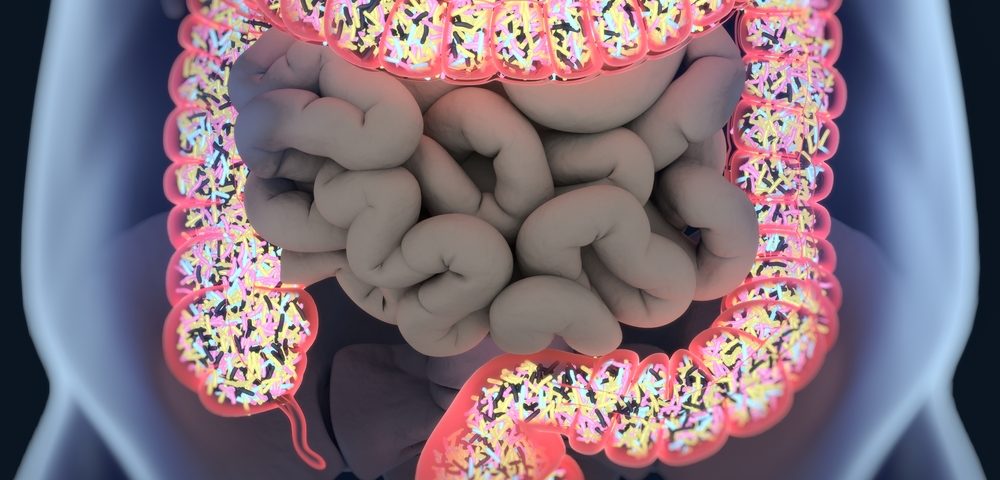Treatment has been completed in a Phase 2 clinical trial of brilacidin for ulcerative proctitis and ulcerative proctosigmoiditis — a study that led to six of the 12 patients’ bowel diseases going into remission.
Innovation Pharmaceuticals will present the trial results at the Drug Discovery & Therapy World Congress in Boston on July 13. The two inflammatory bowel diseases are collectively known as UP/UPS.
“For those of us who have been involved in this trial from the start, it’s exciting to see brilacidin perform as well as we thought it would,” Dr. Arthur P. Bertolino, Innovation Pharmaceuticals’ chief medical officer, said in a news release. “The endoscopic evidence we have now gathered on patients is particularly telling.
“Brilacidin’s unique multi-pronged ability to reduce inflammation, fight infection and heal [gastrointestinal] tract mucosa has been impressive, based both on subjective and objective scoring measures,” he added. “It’s no surprise to us why we’ve generated significant excitement regarding brilacidin among patients, healthcare professionals and potential industry partners interested in this truly novel IBD [inflammatory bowel disease] drug candidate. We look forward to sharing the brilacidin UP/UPS data in early July.”
The six-week trial investigated the effectiveness, safety and drug properties of three doses of brilacidin. Each of the three groups of patients had mild to moderate UP/UPS.
Researchers used the Modified Mayo Disease Activity Index (MMDAI) to determine whether patients’ remission had been achieved. They used the Short Inflammatory Bowel Disease Questionnaire (SIDBQ) to shed additional light on changes in MMDAI scores and to assess patients’ quality of life.
Patients responded well to brilacidin, according to previous releases. Six patients were in remission at day 42, meeting the study’s primary objective, and two patients achieved partial remission.
The treatment also led to a notable improvement in MMDAI scores. Two patients in cohort A and two in cohort B achieved complete reduction. Two patients in cohort A and four in cohort B had a 50-75 percent reduction in their symptoms. And one patient in cohort A had a 20 percent reduction in symptoms.
All 12 patients reported that their quality of life improved with treatment. Three patients in cohort A and five in cohort B reported significant improvements — an increase of 15 to 50 points in the SIBDQ scale.
The treatment was safe and well-tolerated, with no reports of serious adverse events.
Brilacidin is a non-corticosteroid anti-inflammatory drug. Innovation Pharmaceuticals plans to develop a foam formulation and perhaps a gel formulation for UP/UPS patients, and pills for patients with ulcerative colitis and Crohn’s Disease.

